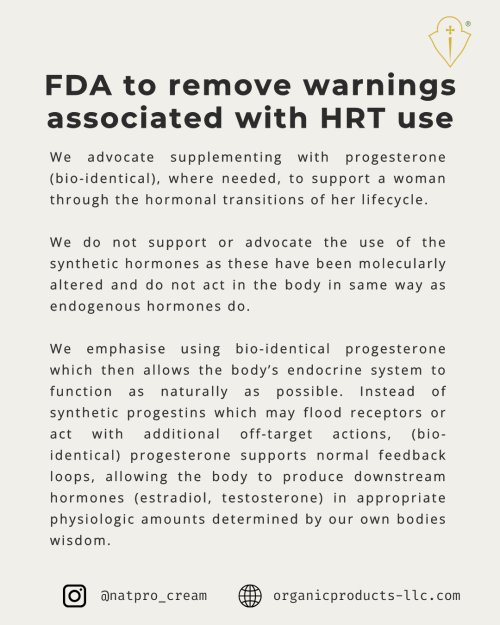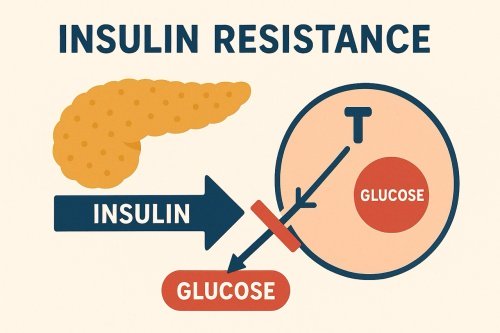Itchiness and Psoriasis on legs
by Vanessa
(Australia)
I'm 46, have used 400mg of natpro daily for many months now (I live in extreme stress due to personal circumstances), and only in the luteal phase for 12-14 days.
But what I have noticed each month that as soon as I begin using natpro again, my legs become extremely itchy.
I now have psoriasis patches on my legs and some on my thighs and it's getting worse. Plus red itchy areas on the inside of my elbows.
When I'm not using the cream, the itchiness subsides - the psoriasis patches are still there, but slightly more dormant.
It's driving me insane because I'm wondering if the cream is doing more damage than good?
Why would this be happening? Am I using too much?
(last bit of info, throughout this year as I've been using natpro, my cycle has been typically 28 or 26 days, but then became 33, and last one was 48 days... I don't know what's going on)
Thanks for any help.
Comments for Itchiness and Psoriasis on legs
|
||
|
||
|
||
|
||
|
||
 If you are feeling confused or overwhelmed by fertility challenges, or wondering if hormone balance might be affecting your ability to conceive you are not alone—many women and couples face uncertaint…
If you are feeling confused or overwhelmed by fertility challenges, or wondering if hormone balance might be affecting your ability to conceive you are not alone—many women and couples face uncertaint…
 _____
_____ Feeling tired, foggy, or struggling with stubborn weight gain—especially around the waist? You might be surprised to learn that these symptoms could be linked to insulin resistance, a condition that a…
Feeling tired, foggy, or struggling with stubborn weight gain—especially around the waist? You might be surprised to learn that these symptoms could be linked to insulin resistance, a condition that a… Are you struggling with irregular cycles, unwanted hair growth, or unexplained fatigue? You’re not alone. Polycystic Ovarian Syndrome (PCOS) affects up to 10% of women of reproductive age—and many mor…
Are you struggling with irregular cycles, unwanted hair growth, or unexplained fatigue? You’re not alone. Polycystic Ovarian Syndrome (PCOS) affects up to 10% of women of reproductive age—and many mor…